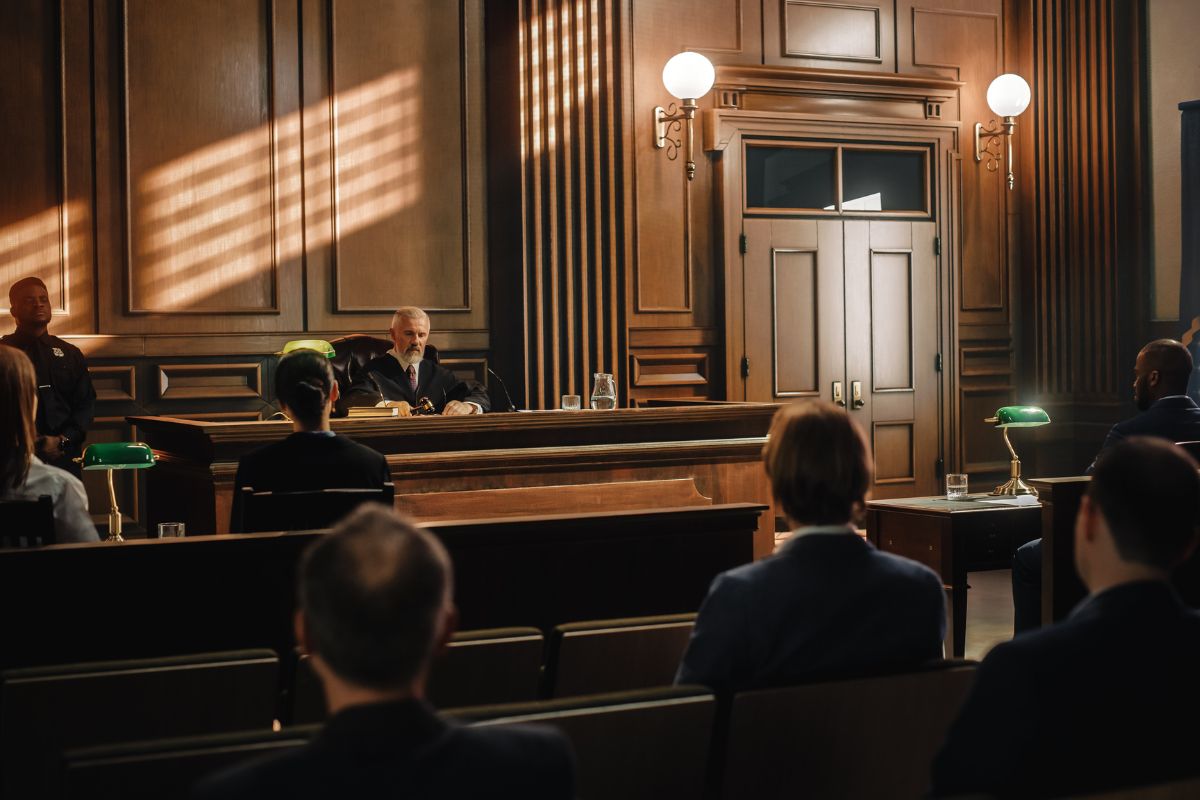
In a moment of fear, protecting yourself can feel instinctive. But when self-defense becomes a legal battle, things quickly become more complicated. In Arizona, where self-defense laws are robust, understanding when and how to use force to defend yourself is critical. Misinterpreting these laws can turn an act of self-protection into an assault charge or worse. This article will help you navigate the often-confusing rules surrounding self-defense in Arizona and provide insight into how the law treats this sensitive issue.
When Is Self-Defense Justified?
Arizona law is clear that self-defense can only be claimed when there is an immediate threat. In legal terms, the danger must be accurate and happening now—not based on speculation or a future threat. The law allows you to defend yourself only when you reasonably believe that force is necessary to protect yourself from harm.
For instance, if someone threatens to punch you and raises their fist, you may have the right to act in self-defense. However, if the threat is verbal and no physical harm is imminent, claiming self-defense may not hold up in court. This makes it essential to understand the fine details of Arizona’s legal standards for immediate threats.
The Fine Line Between Self-Defense and Assault
One of the trickiest aspects of self-defense is ensuring your actions don’t cross into assault territory. Arizona law permits you to protect yourself but only up to the threat level. If someone pushes you, responding with deadly force is unlikely to be seen as reasonable, and you could be charged with assault. The key is understanding when your actions are justified and when they go too far, which leads us to the question of reasonable force.
Arizona’s “Stand Your Ground” Law

Arizona is a “Stand Your Ground” state, meaning that you have no legal duty to retreat before using force if you’re in a place where you’re legally allowed to be. This sounds straightforward but becomes complex when applied in court. Arizona courts have seen numerous self-defense cases where “Stand Your Ground” was invoked, but the results vary depending on the specifics of the incident.
While the law protects you from having to flee a threatening situation, the courts will scrutinize whether your use of force was justified. Just because you didn’t have to retreat doesn’t mean that any level of force will be accepted as self-defense. Understanding how this law plays out in court is critical if you need to claim it.
Common Misunderstandings About Standing Your Ground
A common misconception is that “Stand Your Ground” allows you to respond with any force, but that’s false. The force you use must still be proportional to the threat. For example, using deadly force in response to a non-dead threat will likely be seen as excessive, even if you had no obligation to retreat.
How Far is Too Far? The Role of Reasonable Force
Arizona law requires that any force used in self-defense be “reasonable.” This means that the force must be proportionate to the threat. So, what exactly does reasonable mean? The courts will evaluate whether a reasonable person in the same situation would have believed the force used was necessary to protect themselves.
If someone tries to punch you, responding with a punch is reasonable. If someone tries to punch you, and you respond by using a weapon, that’s likely to be seen as excessive. The courts will consider all circumstances, including your size, the aggressor’s size, and whether you had any other options.
When is it Justified in Arizona?
Deadly force is only justified in Arizona if you reasonably believe it’s necessary to prevent death, serious bodily harm, or the commission of a serious felony like sexual assault. It’s crucial to remember that the burden of proving the necessity of deadly force is high. Using lethal force in less severe situations will likely result in legal consequences.
Why Not All Self-Defense Claims Hold Up in Court

A self-defense claim can fall apart quickly if you need help understanding the legal nuances. One common pitfall needs to demonstrate that the threat is imminent. If the aggressor was retreating or posed no real danger, the court might view your actions as offensive, not defensive. Another mistake is escalating the conflict when a reasonable person would have chosen to de-escalate or retreat.
How “Initial Aggressor” Status Can Sink Your Case
Arizona law makes it difficult for someone who started a fight to claim self-defense later. If you’re seen as the initial aggressor—the person who started the physical conflict—you may lose the right to claim self-defense unless you tried to withdraw from the situation before using force.
Self-Defense in the Age of Cameras
With surveillance cameras, body cams, and smartphones everywhere, your actions in a self-defense scenario are likely to be caught on video. While this can work in your favor if the footage clearly shows you were defending yourself, it can also backfire. Courts will analyze the footage frame by frame to determine whether your response was justified.
Public Perception vs. Legal Reality: Can You Win Both Battles?
In today’s digital age, self-defense cases often play out in the court of public opinion and the courtroom. Video footage can go viral, and while the court looks at the legal facts, public perception can complicate matters. Being aware of this dynamic is crucial when facing a self-defense case.
The Role of a Criminal Defense Lawyer in Self-Defense Cases
Self-defense cases are complicated, and the stakes are high. A criminal defense lawyer with experience in Arizona’s self-defense laws is essential. A lawyer will gather evidence, evaluate the best defense strategy, and ensure your rights are protected throughout the legal process.
Not all situations will warrant a self-defense claim. Sometimes, alternative legal defenses may be more effective, like arguing mistaken identity or proving the absence of intent. A skilled attorney will help you choose the best path forward.
Protect Your Rights with Expert Legal Guidance
The stakes regarding self-defense in Arizona couldn’t be higher. Knowing your rights under Arizona’s self-defense laws is essential, but understanding the boundaries of those rights is equally important. A split-second decision can result in life-altering legal consequences, wildly, if your actions are misinterpreted by law enforcement or the courts.
To ensure you are fully protected, and your self-defense claim holds up, you need more than just a basic understanding of the law. You need a seasoned legal professional who can expertly navigate the complexities of Arizona’s legal system. Working with an experienced Arizona criminal defense attorney can be the difference between a successful defense and a life-changing conviction. Don’t leave your future to chance—consult a legal expert who understands the nuances of Arizona self-defense laws and can advocate for your rights in court.





